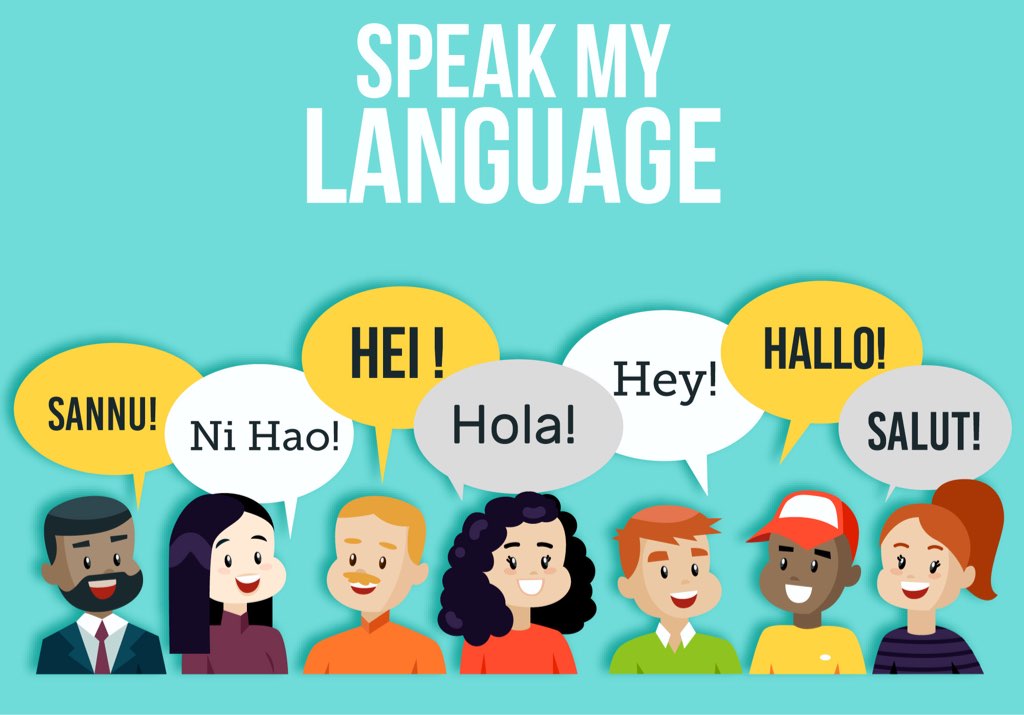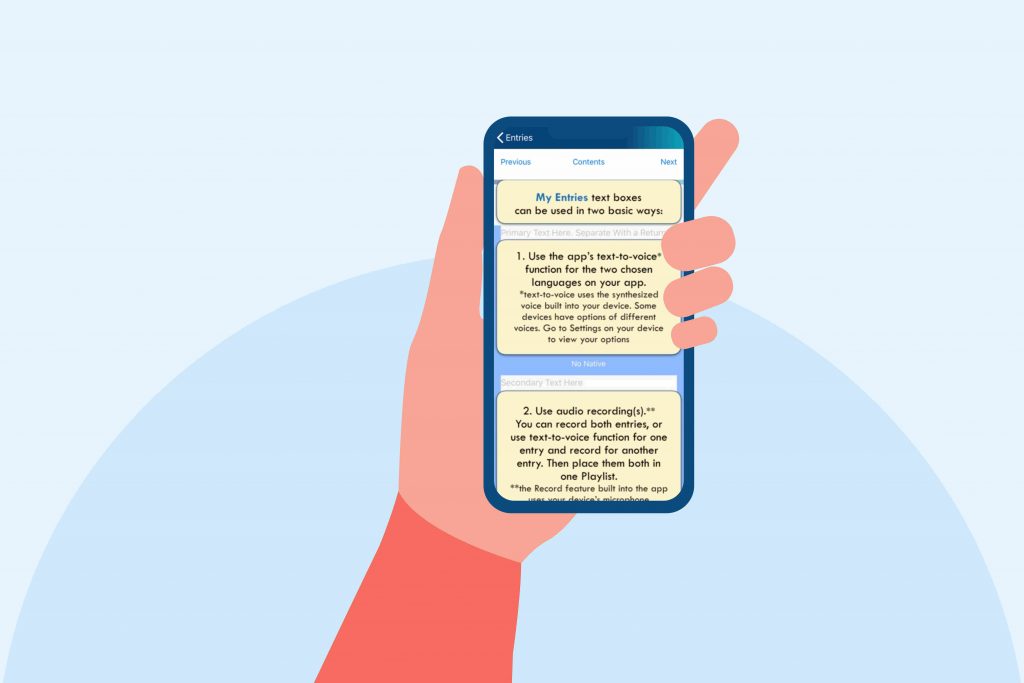Use Encore!!! Language App’s Power to Profit from the Cultural Wealth of the World
Wealth and health are key tools for enjoying a good life. While both wealth and health can be built by an individual, there is a considerable part of these tools that we inherit from our ancestors. Our parents’ genes have an important influence on our health, although through healthy eating and exercise we can enhance our health. Our ancestors’ wealth also has an important influence on our wealth. People with wealthy parents, grandparents and relatives usually inherit wealth that can have a big impact on their wealth.
In the USA according to the news site cnbc.com: “Over the next 20 to 30 years, aging baby boomers and older generations are expected to pass down $84 trillion in wealth to charity and family members. Younger generations, including Generation X, millennials and Generation Z are expected to get the bulk of the inheritances.”
There is no doubt that the heirs that receive this wealth will greatly benefit from this transfer. Material wealth does indeed bring wellness for the health and opens opportunities for people to grow socially and intellectually. This wealth transfer will also enhance the wealth inequality as the nature of inheritance laws will mainly enrich heirs who are from already wealthy families.
There is however, another world heritage that can be enjoyed equally by the rich and the poor. This is the world’s cultural wealth – poetry, languages, songs, sacred prayers exist in rich and poor countries and can be enjoyed by anyone who wishes to make the effort.
When a will is read it has details of what is to be inherited – money, homes, stocks and bonds, artwork, furniture, jewelry and so on. However, an important part of the ancestors’ wealth is not mentioned in wills. The USA is a land of both Native Americans and immigrants. In both groups it is common to hear the phrase “my grandpa and grandma spoke Italian (or Hungarian or German or Chinese, etc.) but I can’t speak it. I wish I knew their language”. Or “my grandma used to sing a beautiful German song but can’t remember any of it” The situation is even more dire for Native Americans whose languages and cultures have been actively degraded.

While material wealth can easily be quantified and transferred to children and grandchildren, some aspects of cultural wealth cannot be inherited so simply. Language, poetry, songs, sacred prayers, … are not part of any legal will and there is no simple way to transfer this type of “wealth” to the heirs. A father who is fluent in four languages and can recite profound Arabic poetry cannot “will” his talent to his sons and daughters. The children have to make the effort to learn their father’s languages and poetry.
Material cultural wealth is of course an important part of our economy. A significant part of travel and tourism, which forms about 10% of the global economy, is due to people’s desires to experience cultural wealth. One can see throngs of visitors at the St. Mark’s piazza in Venice or at Versailles Palace or at British National Museums. All these people are there to enjoy these world heritage sites. Cultural wealth is not created by an individual but a culture and society and it is a shared wealth.
There are two classes of cultural wealth – material and ethereal. The material category comprises monuments, places, temples, archeological sites, artwork, jewelry, cuisine etc. i.e. entities that can be touched and felt. By their very nature such objects cannot be owned except in rare cases by very wealthy people. These objects are to be enjoyed in a “window shopping” mode.
The ethereal cultural wealth comprises languages, poetry, sacred writings, poems, songs, dances, theatrical works, etc. The beauty of this type of cultural wealth is that it can be acquired by anyone who has the desire and necessary discipline to acquire it. Anyone can learn a language, memorize beautiful poetry, learn dance steps and learn a dialog from a great theatrical play. Also This type of wealth is not exclusive – it is a truly shared world heritage. This wealth is not diminished if more people “possess” it. In fact this wealth is enhanced as more and more people “use it”.
While material wealth unarguably has clear and immediate benefits one can ask: “what do I gain from the ethereal cultural wealth? I cannot use it to buy a car or a home or buy groceries!”. Maslow’s hierarchy of needs and desires as well as yoga philosophy of “chakras” classifies our needs and desires starting from “survival based” to “higher level” or “enlightenment based”. Enlightenment based desires allow one to seek one’s purpose in life, learn to accept ups and downs of life and eventually accept our own mortality. The ethereal cultural heritage of the world feeds our higher level needs and desires. One does not have to belong to any religion to admire and learn from ancient sacred texts.
While it is joyful to read or hear a rendition of a great poetry piece, actually memorizing it and reciting it as one takes a walk in the garden or in Nature takes the joy to a different level. Take the example of being presented a meal by a world renowned chef: if each morsel is swallowed rapidly without taking the time to savor and chew the food will taste good but more pleasure will be released if the morsel is savored. Memorization of a great poetry releases the same pleasure as a properly savored morsel does.
Acquiring the ethereal cultural wealth of our world cultures benefits us in three ways: 1) It provides a fun challenge to our brain as we try to build new neural connections that are needed to learn something new. This in turn exercises our brain and is as essential as exercising our body; 2) It creates a sympathetic connection to a new culture and opens us to meeting and traveling to new places; 3) Sacred writings and poetry provides a “wide angle” worldview that allows us to become wiser.
Memorizing poetry, songs, sacred texts, theatrical plays requires repeatedly hearing or reading and then articulating the contents. Encore!!! language learning app provides the tools to make this arduous task easier. The following describes the process for a piece of poetry (the same approach applies for any other type of content):
- Break up the entire poetry into smaller pieces e.g. one or two verses items;
- If you wish you can add an explanation or translation or transliteration for each item;
- Use the MyEntry function to create a new entry that comprises the entire text content as well as any explanation or translation or transliteration; Use the “User’s Manual” to see how this process works (it simply requires copy and paste skills);
- Record the audio for each verse if you wish or you can use the “Text to Voice” function of your mobile device if you are using a language that you have subscribed to. For example if you have subscribed to Japanese you can use the text to voice for Japanese text, but if you have subscribed to Spanish (or any non-Japanese language) you need to use an record the audio for a Japanese text;
- Make a playlist from the content you have added and then customize the playlist by choosing the number of repetitions for each verse and pause between each repetition;
- Now play the playlist and use the “Listen-articulate- repeat” method and gradually you will be able to commit the entire poetry piece to memory.

Usually it may take about forty or fifty repetitions to memorize each verse and since Encore!!! allows you to play the playlist while working out or taking a walk etc. in a one hour walk you could memorize a small poem or poetry of say 8 or 10 verses. A long piece of poetry that may have 40 or 50 verses could take a month or more but you will have a lifelong source of pleasure and you will feel a great sense of accomplishment.
Author: Dr. Jasprit Singh, President Gurmentor, Inc.
A Learning Company https://gurmentor.com
Professor Emeritus, Electrical Engg. & Comp. Sci. and Applied Physics
University of Michigan, Ann Arbor
How to Use Contents in this folder
